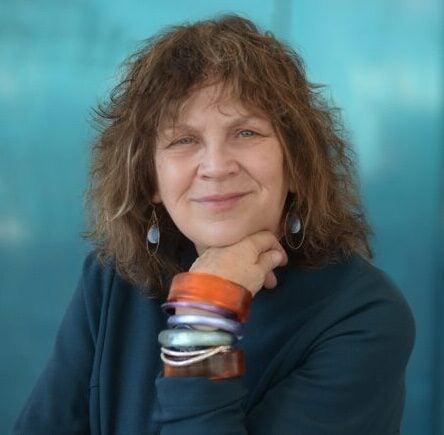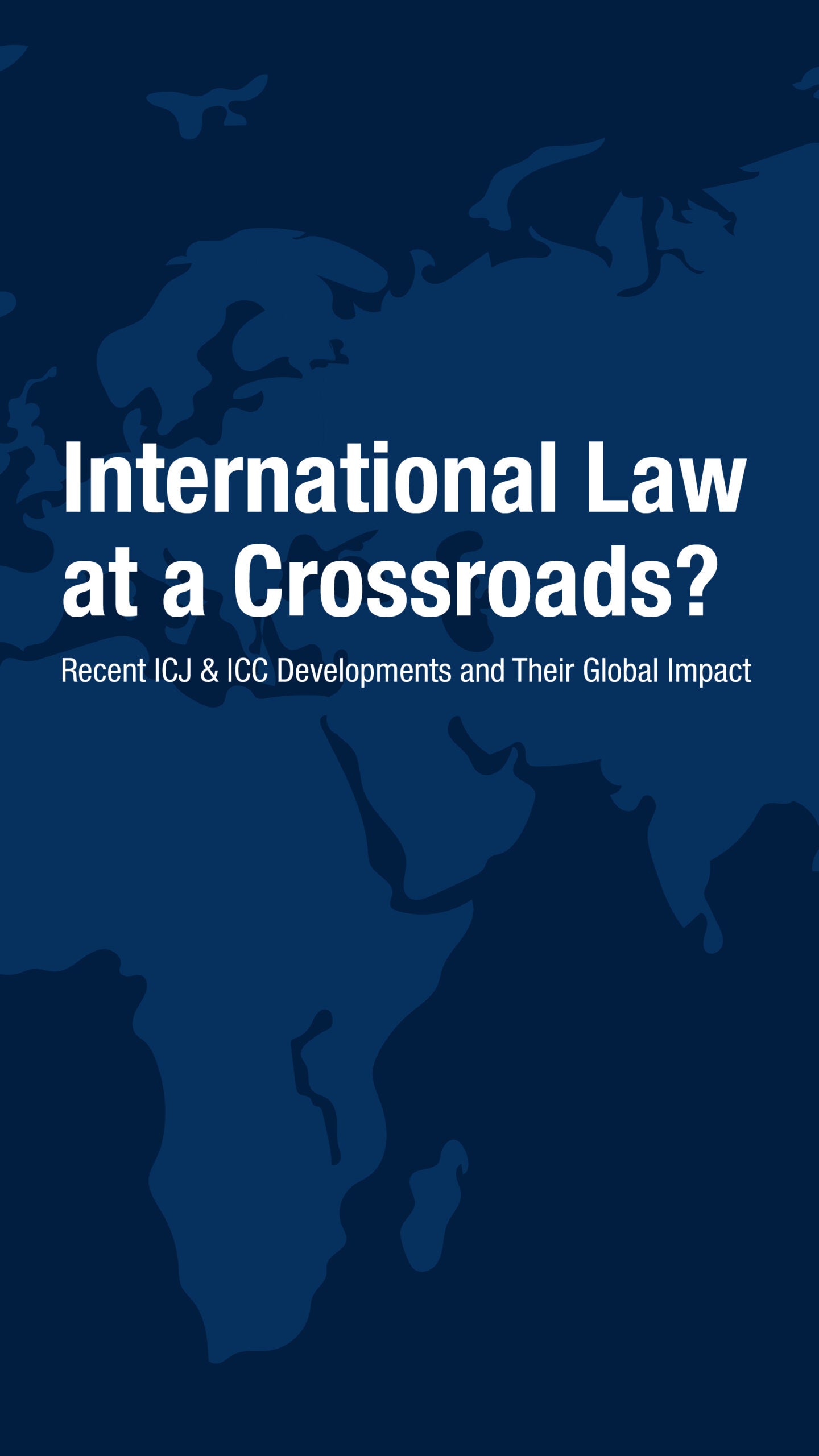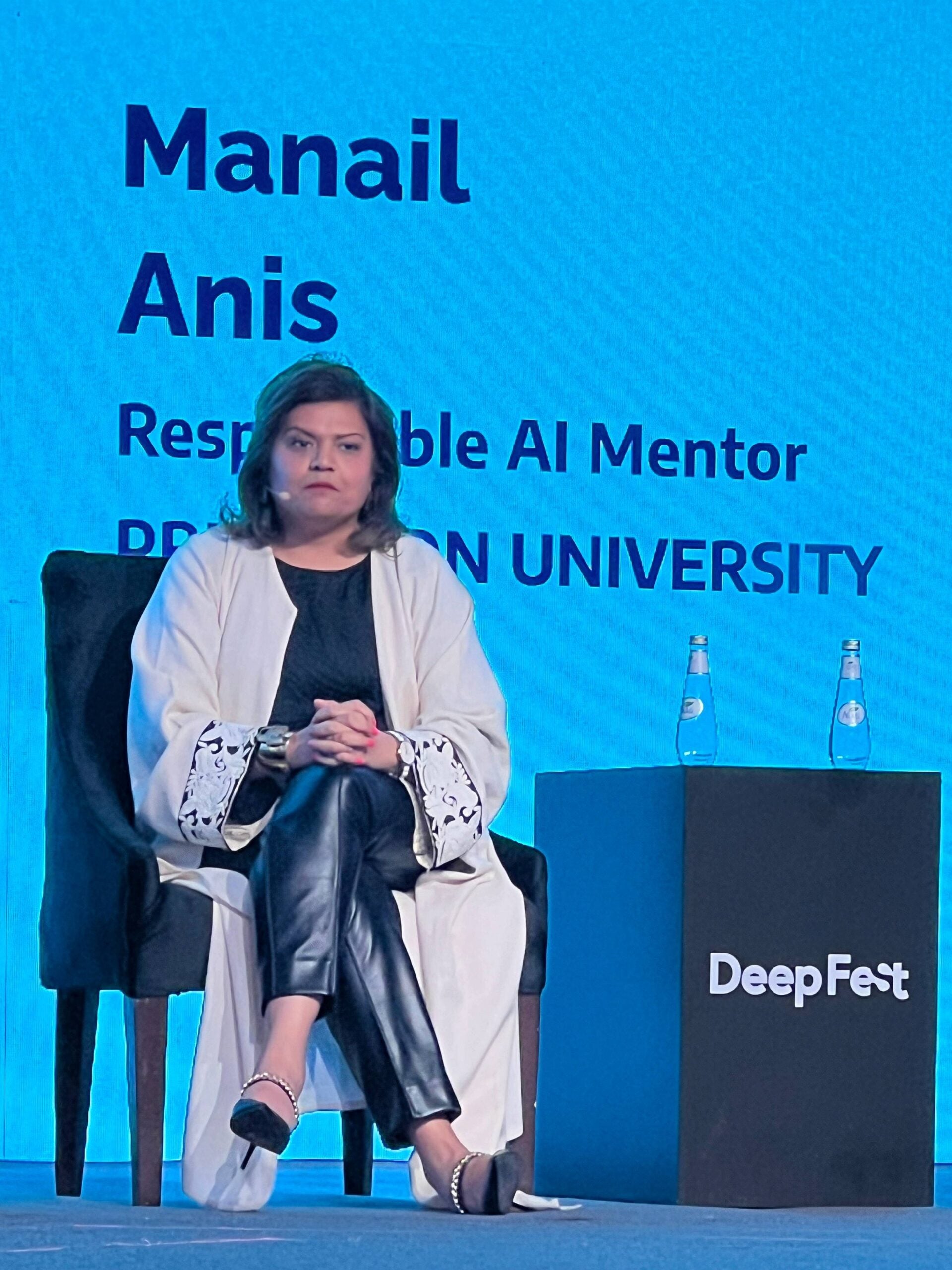Generative AI has captured the global public imagination. This webinar introduces participants to the many opportunities for both traditional and generative AI deployment in the GCC countries. It highlights aspects of both operational technology and strategic leadership, including global and regional foreign policy, national-level AI regulation, countrywide business usage, and country-level digital transformation. It also highlights some of the challenges involved in the deployment and uptake of AI in the region, including language and cultural constraints, lack of relevant data availability, and the absence of a regulatory framework around AI in Gulf countries.
Speaker: Manail Anis Ahmed
Manail Anis Ahmed is an educator, thought leader and convener on technology and society. She has worked to build educational institutions and human capital development strategy in the Middle East and South Asia for two decades. She now advises global governments on digital public infrastructure. As a former visiting lecturer at Princeton University, she designed and taught courses on Responsible AI. She leads a global research group at the Center for AI & Digital Policy in Washington DC and is a member of the Inclusive AI workstream for the World Economic Forum's AI Governance Alliance. She is also a Public Voices Fellow for Equality Now, advocating for the economic participation of women and girls globally.
Manail has led the establishment of organizations and institutions for learning, research and scholarship. She has also architected government regulation, knowledge management infrastructure, and human capital development strategies for an entirely new global city and economic zone. She now brings this whole-systems approach to examining the impact of technology, especially AI, on both American as well as global business and society.


